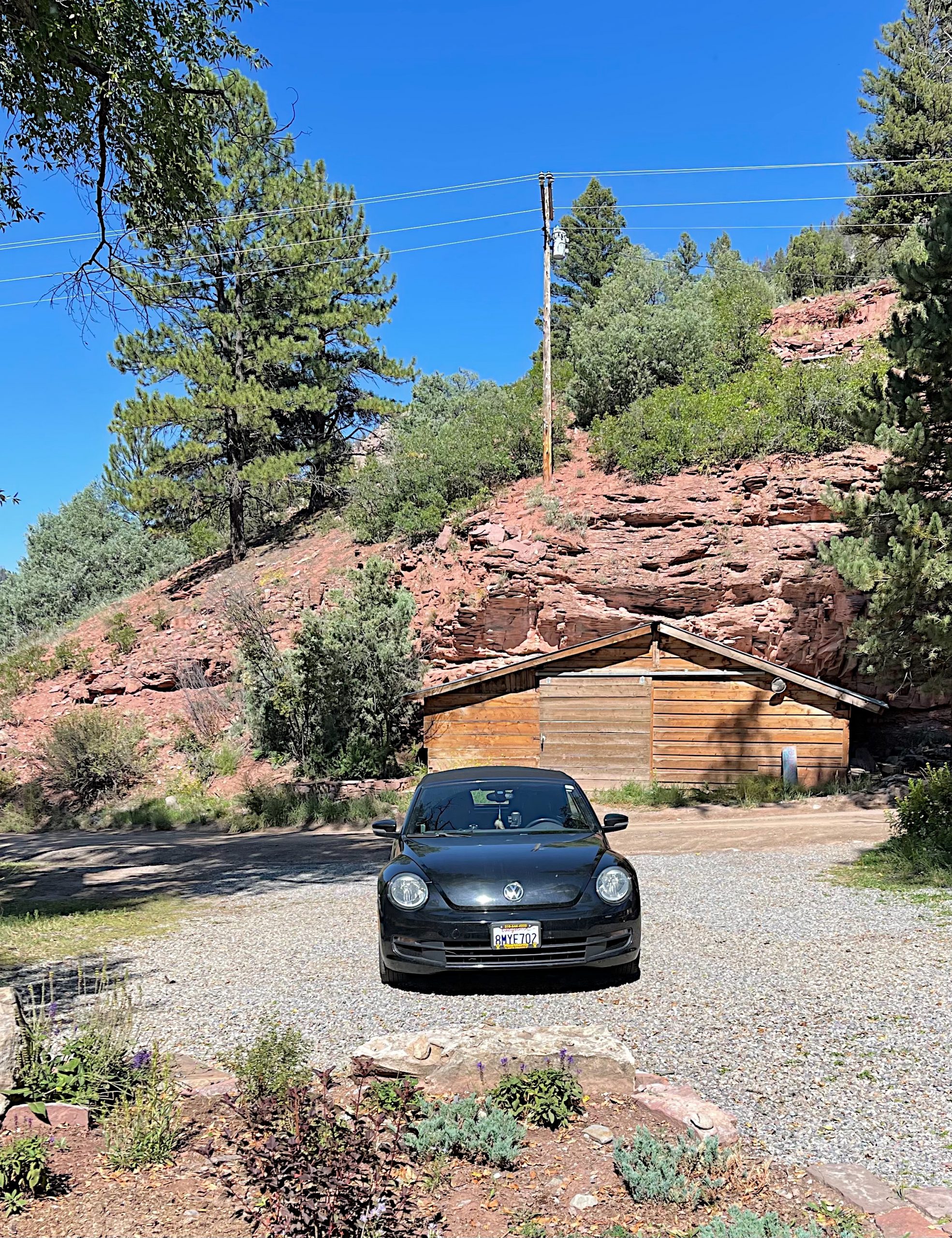
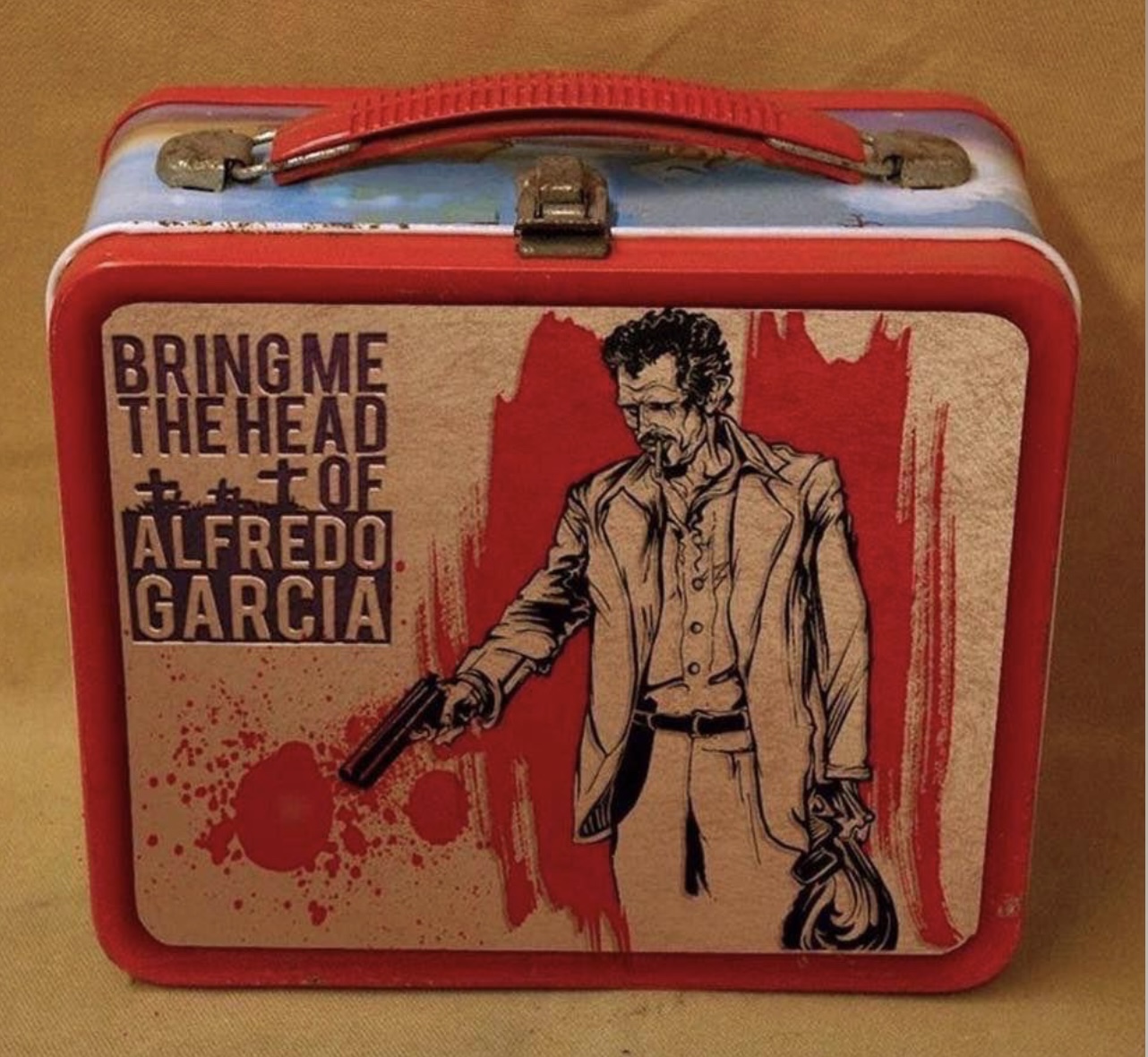
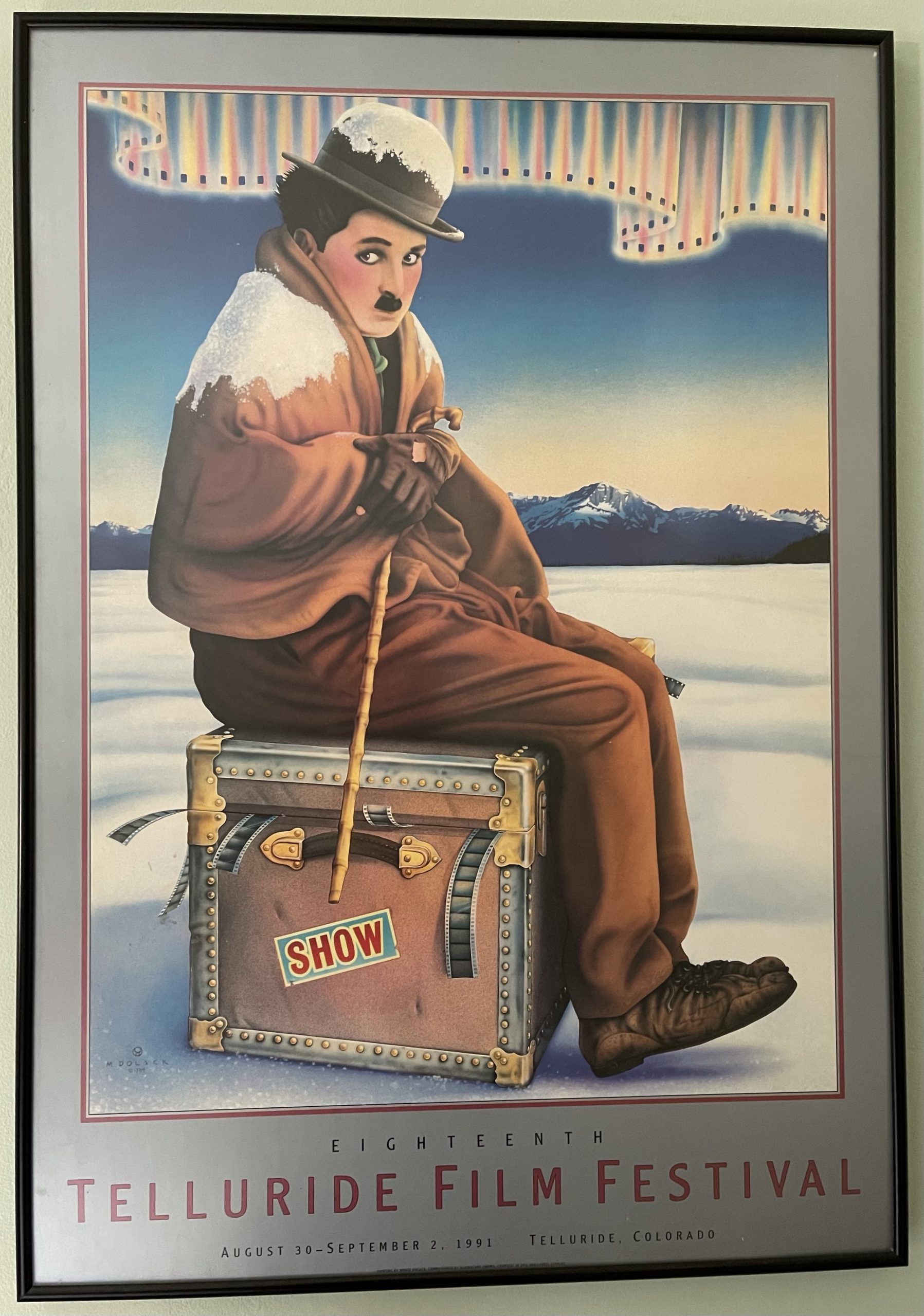
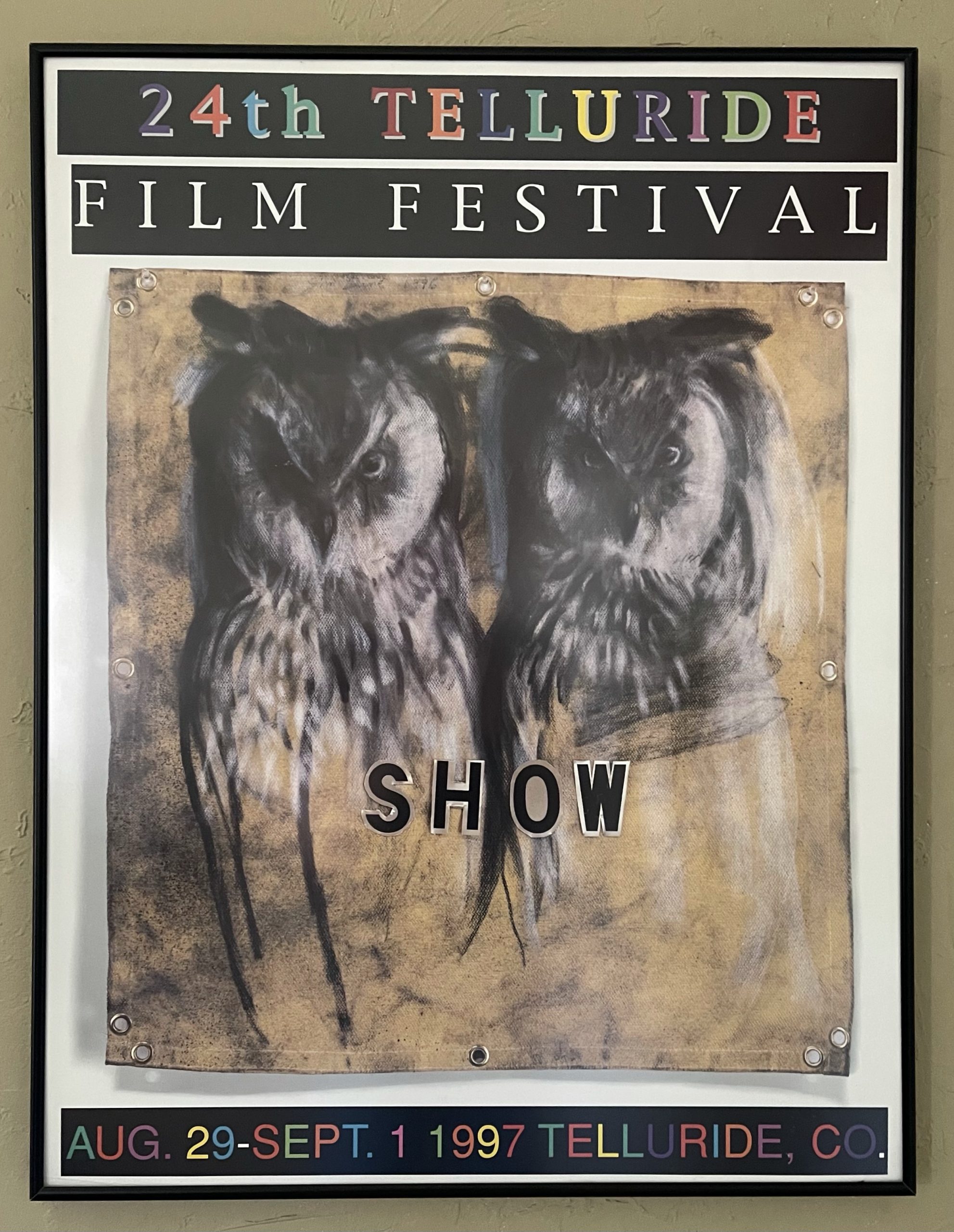
Jane Campion‘s interesting but doleful, somewhat irksome The Power of the Dog (Netflix, 11.17) is a respectable smarthouse effort. An intelligent, solemn, very well acted (especially by Benedict Cumberbatch), at times fascinating period drama.
In a nutshell, it’s a somewhat rugged, rather grim 1920s western about repressed homosexuality. No fist fights, no gunshots, etc. And clearly the work of a gifted filmmaker.
But it wasn’t for me. I knew that within minutes. Netflix will begin streaming it on 11.17.21.
I wish I had more time but I don’t. Two more films today — The Automat (a doc) and The French Dispatch.
Cumberbatch is really quite the self-torturing closet case, but he and Jesse Plemons are cast as brothers, and there’s really no way to believe this. They’re both red-haired (Plemons is more of a lighter carrot shade) but there the vague resemblance ends. The common genetic heritage simply isn’t there. Was one adopted?
Cumberbatch is lean and sinewy; Plemons is a moon-faced marshmallow with small eyes, and conveying a certain patience and gentleness of spirit. But he and BC don’t even look like second cousins.
As the film begins the Burbank brothers (Phil and George) share a bedroom in their mansion-sized home…curious.
Plemons is bulkier than Phillip Seymour Hoffman in The Master and slightly less ample than John Candy in Planes, Trains & Automobiles. He’s playing a wealthy cattle broker, but there’s no believing that plump Plemons could be part of any aspect of the cattle business. The trust factor goes right out the window.
The older-looking Kirsten Dunst, 39, delivers the second best performance, right after Cumberbatch.
To me watching this felt like work; it made me feel vaguely trapped. I walked out scratching my head and muttering “what?” I wrote three friends who’ve seen it to try and clarify a third-act plot element.
That’s it, time’s up, gotta go.
Bernard McMahon’s Becoming Led Zeppelin, which I saw late last night, is a pleasing, at times rousing doc about a great ’60s and ’70s band. It plants a grin on your face, gets your foot tapping and delivers ecstatic memory throttles from time to time. Speaking as a longtime Zep fan, I was happy fine with it as far as it went.
Twenty words: It’s highly enjoyable but a bit under-nourishing due to control-freak conditions imposed by Jimmy Page and Robert Plant.
Becoming starts out fine and then it gets really good once the band starts playing gigs. But then the lack of texture and honesty by way of varied viewpoints becomes more and more noticable as it goes along and especially during the last 20 or 25 minutes.
This is an agreeable, enjoyable rock doc, but it’s too sanitized. Dishonest by way of omission. But I still liked it.
The first hour relates the individual paths of the three remaining Zeppers, and straight from the mouths — Jimmy Page, Robert Plant, John Paul Jones (all currently in their 70s and in good spirits) as well as the late John Bonham, who is heard speaking to a journalist about this and that.
The second hour is about the launch of Led Zeppelin — the early play dates, the creation of the first two albums, the acclaim, the power and the glory. It’s basically about good times, and there’s nothing “wrong” with that.
The problem is that it doesn’t dig in. It’s not even slightly inquisitive. It’s way too obliging, almost feeing like an infomercial at times. It offers, in short, a really restricted portrait, and around the 110-minute mark I started to mind this.
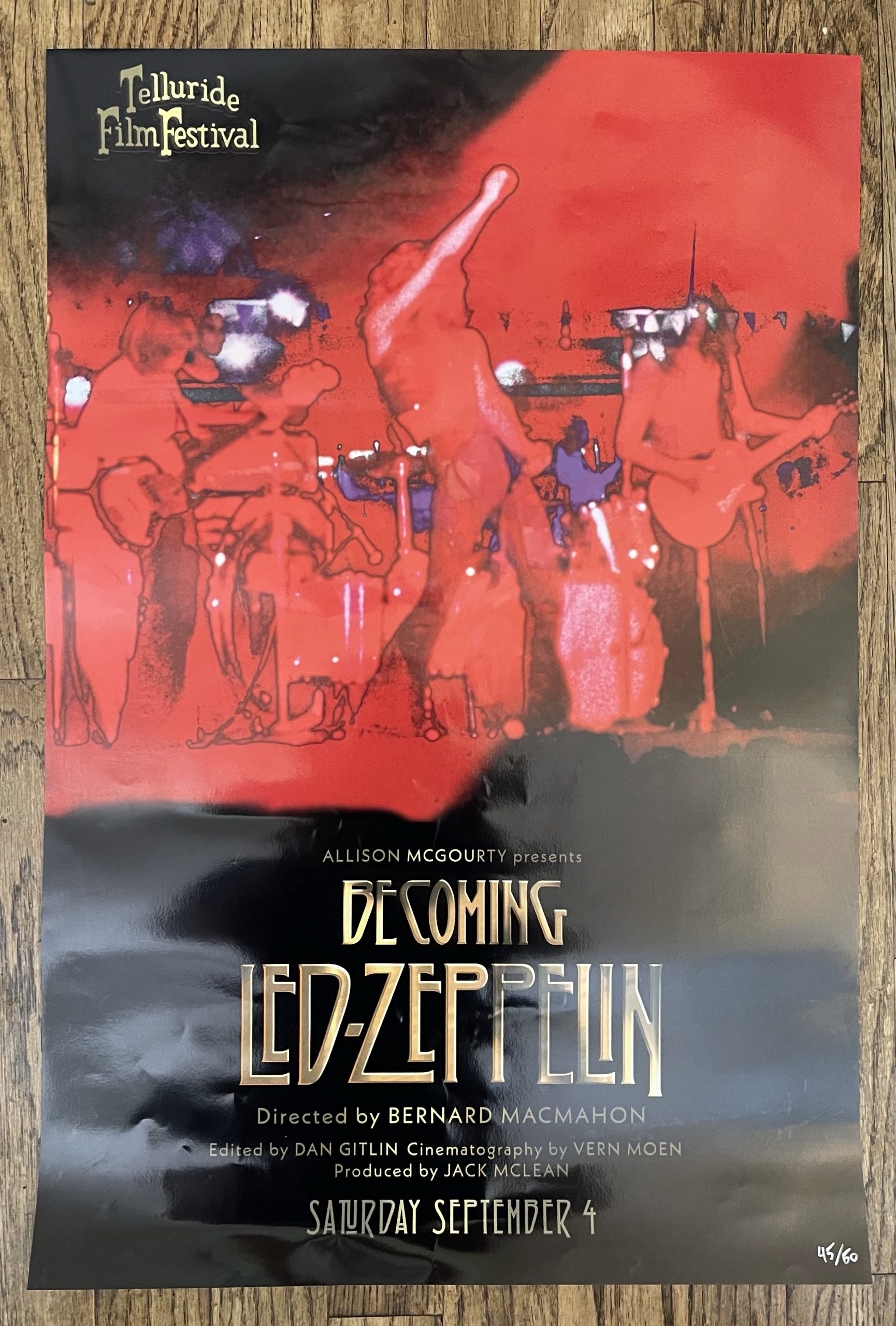
From Owen Gleiberman’s Variety review:
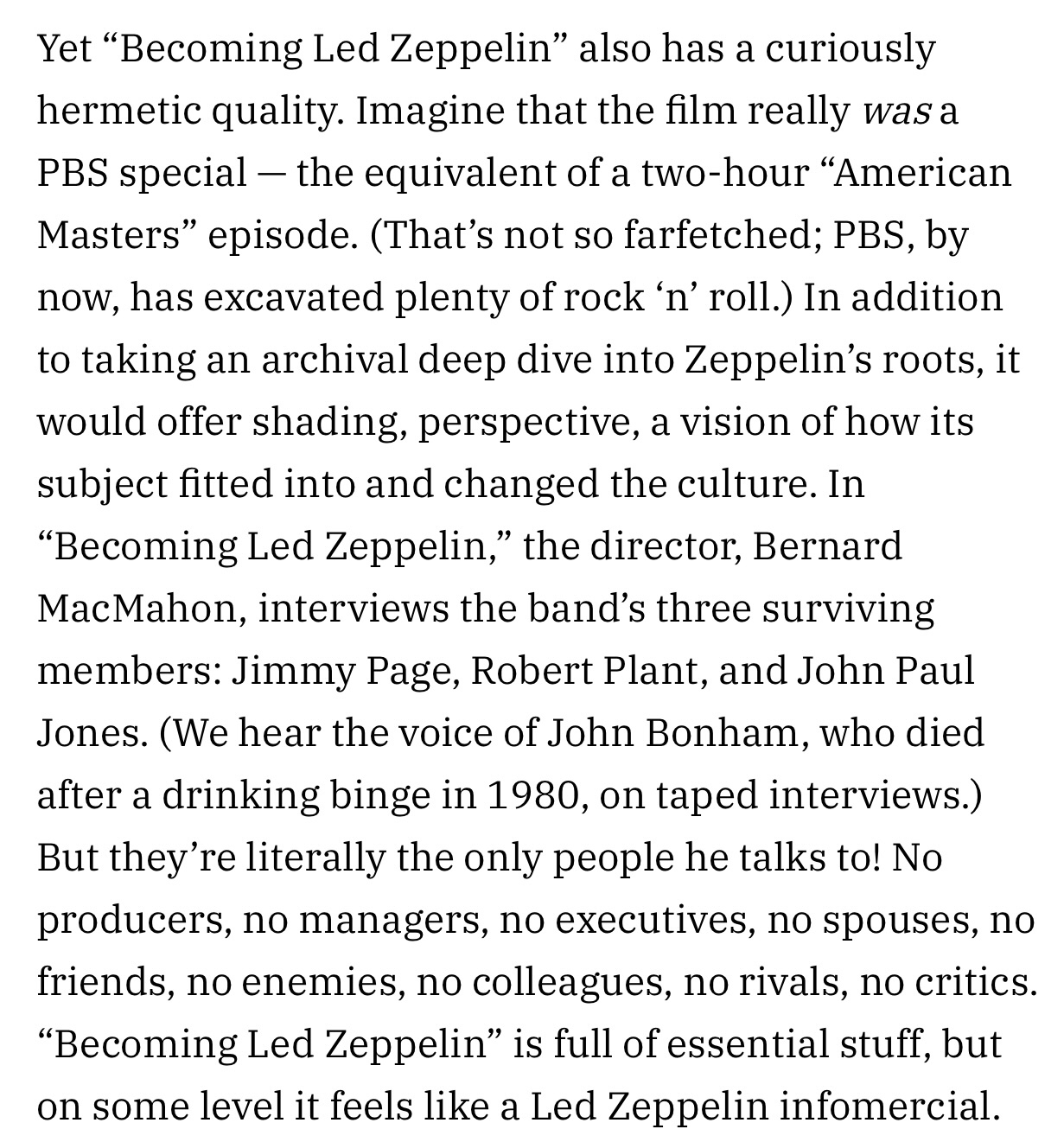
I still haven’t seen William Greaves’ Symbiopyschotaxiplasm, but I’d honestly like to. Has anyone?
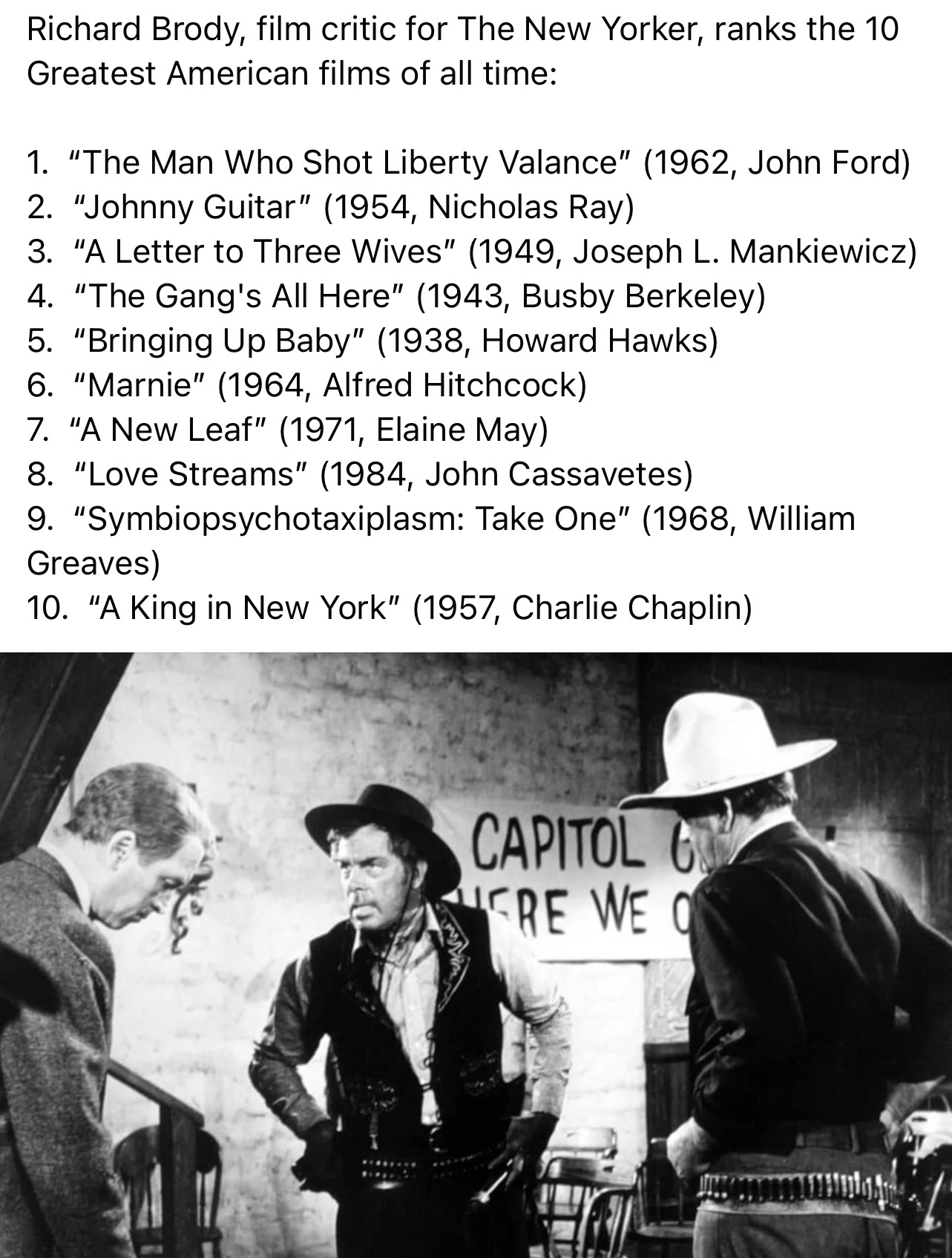
I’ve been venting for many months about the 5’5” Kristen Stewart being too short to play the 5’10” Princess Diana. Well, guess what? Director Pablo Larrain and his crew have somehow obscured this issue brilliantly. Stewart somehow looks tall and leggy, and damned if my size-ist reservations didn’t fly right out the window. Hats off.
… on the Verge of a Nervous Breakdown. Alas, not directed by Pedro Almodovar.
Pablo Larrain’s Spencer (Neon, 11.5) is a simplistic, impressionistic head-trip film…a “poor free-spirited, pheasant-sympathizing, pearl necklace-loathing Diana vs. the cold, bloodless gargoyle royals” bullshit borefest.
A British critic has called it a “magnificent farce.” I’m sorry but that’s an absurd claim. It’s a surreal mindscape movie that has a half-decent singalong ending (“All I Need Is A Miracle”) but otherwise pretty much stays in the same place start to finish. It’s a kind of nightmarish Stepford Wives (or wife) in the country.
Kristen Stewart will be Best Actress nominated, I’m presuming. The narrative has already been written, right? The movie is appalling but she’s very good at what she’s been asked to do — let’s just leave it at that. Her Diana speaking voice is breathy and whispery and hard to understand, but that’s okay. We enjoy being in the dark about certain things.
Stewart plays the mad, close-to-cracking-up Diana to the unstable-adolescent-teenager, Julie Harris in The Haunting hilt — beset by visions & nightmares & the ghost of Anne Boleyn.
Spencer follows the wokester narrative that white elitism is evil and rancid and needs to be resisted at all costs. Because Diana needs to breathe, love, live, talk to pheasants and save her sons from those toxic royal traditions and soul-smothering attitudes.
Time and again and through Diana’s eyes, we see the royal family as frigid monsters. I was actually thinking back to The Ruling Class (’72) and Peter O’Toole’s “Mad Jack” impressions of the House of Lords being filled with decaying corpses.
But it’s all one note with no real shifting of tone or pace, and is mostly about gowns and servants and crates of delicious food and vast lawns and the shooting of skeet and birds by fine gentlemen… it’s a fairly monotonous film, I’m telling you. It’s weirdly trippy but it just lies there. Really.
In a sense Spencer is the return of Pablo Larrain‘s Jackie — another meditative, interior dialogue–y, “woe is me because I’m drowning in sadness” thing.
Welcome to the kingdom of morose moods and impressions…Diana’s tears and bulimia and resentments and escape fantasies.
What a flat, one-note, boring-ass hallucinatory downer by way of a character study (or is it the other way around?).
I didn’t care about poor Diana’s anguish at all…she’s unhappy amidst all the opulence and regimentation? Tough shit, girl…get shut of it, shut it out, drop it like a bad habit, whatever.
Life is hard, Diana, but you romanced and maneuvered your way into the royal family, and I’m sure you’ll figure some way to divorce Charles and snag your $22 million settlement and handsome monthly expense check & so on…you’ll be fine.
”Please, Lord…I wanted to be Charles’ wife but now I feel stifled and unloved and unable to follow the usual, par-for-the-course protocols…I need to be free so I can order some KFC with the boys.”
Watching it felt like an eternity. I was shaking my head time and again. Nope, doesn’t work, “what?”, c’mon.
Why exactly is there a tender lesbian moment when Sally Hawkins’ maid tells Diana that she loves her? (In response to which Diana more or less goes “oh, wow!”). Arriving near the end of Act Three, Hawkins’ confession is a non-starter and therefore mystifying. Why even bring it up?
We’re told that Diana’s childhood home (Althorp House in Northhamptonshire) is walking distance from Sandringham House, the Queen’s grand Norfolk residence and the site of a 1991 Christmas celebration — the film’s central setting. Diana Spencer spent 15 or 20 years growing up in this region, and yet, according to the film’s opening scene, she gets lost trying to drive to Sandringham herself? Doesn’t make a bit of basic sense. (The residences are actually about 100 miles apart, or roughly a two-hour drive.)
The film is a psychological dreamscape and therefore not bound by history or geography, but why defy reality to this extent?
Plus the overly aggressive air-conditioning in the Galaxy was giving me pneumonia.

9.5 update (7:20 am): I posted an initial draft of this review in some haste yesterday afternoon. I’ve since given it a polish.
Sean Baker’s Red Rocket (aka “Dog Erection”) teeters on the line between mostly legitimate film festival-smarthouse cinema and relentlessly depraved and disgusting sociopath-porn. It’s “good” in the sense that Baker isn’t afraid to dive into gross and reprehensible behavior, and because he doesn’t feel obliged to deliver some form of moral redemption for the lead sociopath (i.e., “Mikey Sabre”), and because he occasionally flashes slick chops and whatnot, but the scuzz factor is REALLY rank. It was not a pleasant sit, but that’s the point, I realize. The Galaxy crowd totally hated it — a quick shattering of applause and then silence and hasty exits.
So I was lying on a first-floor cot at 4:50 am this morning, and floating on the surface of the pond — i.e., slightly more awake than asleep. It’s pitch black out, and suddenly I heard a light rapping on the main door, which faces the kitchen. Did I just hear what I might have just heard? Again: rap-rap-rap-rap. Not knocking, mind, but polite tapping. “No fucking way,” I told myself. “It’s not even 5 am and somebody wants to discuss something?” I decided that even if a couple of FBI agents with warrants were outside, I wasn’t answering the door or even making a sound. If it’s a thief or a druggie, I’ll wait until they break in to leap up and grab a golf club and defend the castle.
But they didn’t break in, and the rapping stopped after three tries. Very weird experience.
Variety‘s Owen Gleiberman: “Here’s one useful definition of a great sci-fi fantasy film. It’s one in which the world-building is awesome but not more essential than the storytelling. In the first two Star Wars films, those dynamics were in perfect sync; they were, as well, in The Dark Knight and the Mad Max films. Blade Runner, in its way, is an amazing movie, but its world-building packs more punch than its transcendental neo-noir noodlings.
“Viewed in that light, Dune is a movie that earns five stars for world-building and about two-and-a-half for storytelling. If you stack it up next to David Lynch’s disastrously confounding 1984 adaptation of Dune, it can look like a masterpiece. (Most of the story now makes sense.) And for an hour or so, the movie is rather mesmerizing.”

Is “rather” mesmerizing the same as “somewhat” mesmerizing? I wonder. So for 60 or 70 minutes, Owen is saying, Dune is sorta kinda transporting, but not so much the remaining 85 to 90 minutes. Unless, one imagines or speculates, the viewer in question happens to be fucking RIPPED.
Gleiberman: “It’s not just that the story loses its pulse. It loses any sense that we’re emotionally invested in it. As the movie begins to run out of tricks, it turns woozy and amorphous. Will Part II really be coming? It will if Part I is successful enough, and that isn’t foregone. It’s hard to build a cliffhanger on shifting sands.”
HE to Gleiberman: How can you assess Dune without speculating on how it plays if the viewer is STONED out of his/her gourd? Do you personally get high? I suspect not so just this one time, shouldn’t Variety hire Seth Rogen or some ex-High Times contributor to write his/her own kind of review? Might it be a different entree if viewers were to consume a potent edible 20 minutes before showtime?
Denis Villneueve: “But I would not feel so all alone…”
I’d been planning all along to catch four films today — Wes Anderson’s The French Dispatch (9:30 am), Pablo Larrain’s Spencer (1 pm), Todd Haynes’ The Velvet Underground (6:45 pm) and Bernard MacMahon’s Becoming Led Zeppelin (9:45 pm).
But I’ve suddenly decided I need some morning time so I’m blowing off Dispatch, which I don’t feel all that anxious or heartbroken about given the general Cannes consensus (i.e., Wes doubling down upon his signature style). No worries — everything in its own time.
I can catch Jane Campion‘s The Power of the Dog tomorrow at 9 am or 12:45 pm.
Choosing this or that film is always an anguishing decision here in Telluride as it always means missing or postponing two or three others. I’m often sometimes torn between what I know I have to see vs. what I’d actually prefer to see.
The evening temps (45 to 50 degrees) aren’t what a reasonable person would call “cold” but it’s fair to say “chilling,” especially if you haven’t brought anything truly warm to wear, which describes my situation. I’d be in good shape if I’d brought my heavy leather motorcycle jacket and maybe a scarf or two, but it was so sticky hot when we left WeHo last Monday night that I somehow couldn’t envision nocturnal cold shudders in the Colorado Rockies. But that’s the reality.
I’ve been advised that I need to surgically remove the crab-head tone of certain Hollywood Elsewhere posts and to forsake the idea of assessing the deep-down reality of things as I understand them, and instead adopt a glowing positive outlook.
“Don’t say this or that aspect of a film doesn’t cut it,” I’ve been told. “Talk only about what’s good and what’s glorious…focus on the award-worthy, admirable, soothing, stirring, uplifting. Celebrate, don’t denigrate. Refuse to acknowledge mediocrity. Accentuate the positive. Re-tool Hollywood Elsewhere into the ultimate ‘safe space.’”
Okay, but if I do this I’ll probably have to rename the site…right? Because my head will no longer be “elsewhere”, so to speak, but concentrating on alpha stuff. Remember that 1930s song “I Want To Be Happy”? A tinny recording of that tune could activate each and every time you visit the site. I’m getting chills just thinking about it.
What does everyone think about re-christening the site as Hollywood Lobotomy?